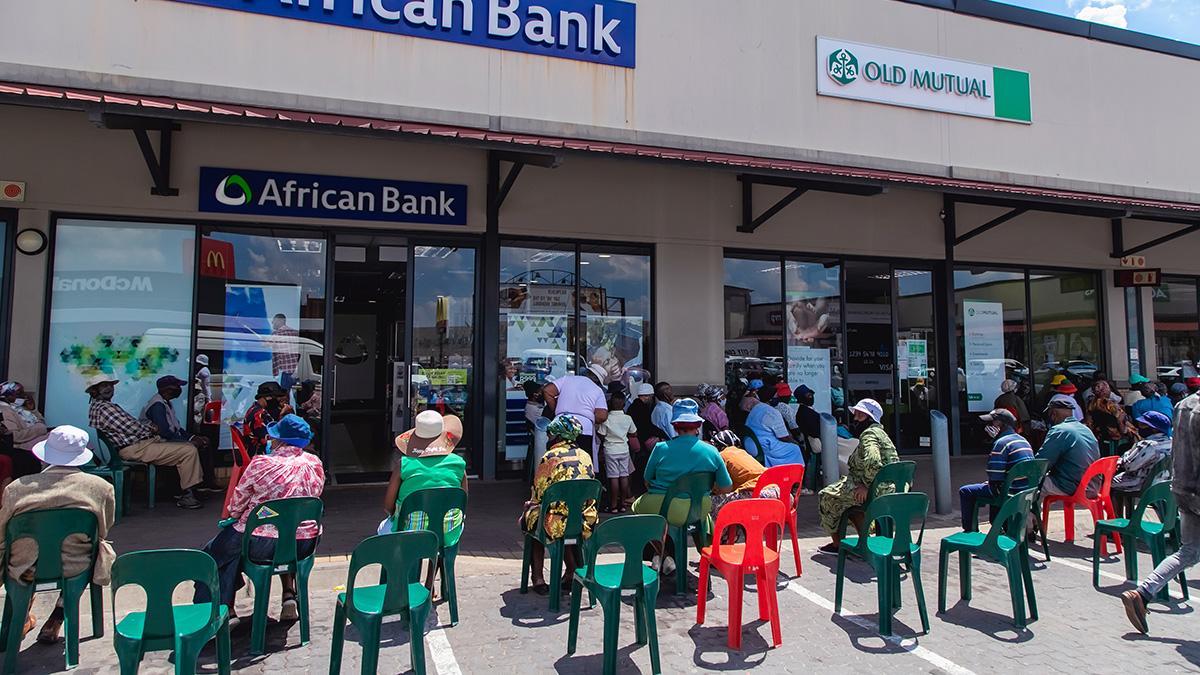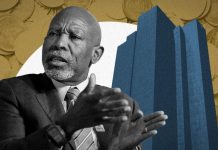Africa-Press – South-Africa. Over 28 million South Africans receive grant payments in some form, with 8.7 million receiving the social relief of distress (SRD) grant.
In comparison, only 7.8 million South Africans pay personal income tax, resulting in a highly concentrated tax base that is vulnerable to external shocks.
This puts South Africa in a precarious position, as it is an unsustainable trajectory for the state to manage over the coming decade.
The challenge is made increasingly difficult by the government’s stated ambition to introduce a basic income grant (BIG) on the back of the SRD grant.
South Africa’s growing social wage is increasingly weighing on the government’s financial health, with the number of recipients skyrocketing over the past two decades.
While this wage is a necessity, it is increasingly unaffordable in a stagnant economy as increases to social grant payments outstrip economic growth.
In 2003, only 5.8 million South Africans received a social grant. This number more than doubled in just four years to reach 12 million in 2007. Since then, the growth rate has slowed to reach 19 million in 2025.
However, these figures exclude those individuals receiving the SRD grant, which was introduced during the Covid-19 pandemic to assist South Africans who lost their jobs during the series of lockdowns implemented by the government.
In the five years it has been in effect, the number of recipients has surged to 8.7 million as of the current financial year.
President Cyril Ramaphosa has repeatedly celebrated this fact in his State of the Nation Addresses, where he routinely praises the ANC’s pro-poor policies.
“Since the dawn of democracy, we have worked together to reduce poverty. Today, our country spends around 60% of our national budget on the social wage,” Ramaphosa said to cheers during his SONA.
“More than 28 million unemployed and vulnerable people in our country receive social assistance. More than 10.5 million learners go to public schools where they do not have to pay fees.”
Furthermore, over 900,000 students pursuing tertiary education received funding.
“We are providing the means through which South Africans can rise above poverty that has been passed down from one generation to the next,” Ramaphosa said.
The rise in social grant recipients in South Africa can be seen in the graph below, courtesy of Stanlib chief economist Kevin Lings.
Unsustainable
While South Africa has been praised for its extensive social safety net, it has also been warned that the current situation of grant recipients outnumbering taxpayers is unsustainable.
The number of South Africans receiving this grant is greater than the entire personal income tax base, which totals 7.8 million taxpayers.
This is somewhat skewed by the fact that a large number of South Africans stack up at zero due to the country’s stagnant economy, rising unemployment, and the fact that many individuals with jobs earn less than the personal income tax threshold.
When one digs deeper into where personal income tax comes from, the unsustainability of the picture becomes clearer.
Around 10% of South Africans contribute just 4.9% of personal income tax revenue, with these individuals earning between R0 and R250,000 per year.
The Centre for Risk Analysis’ Anlu Keeve said this is indicative of broader economic trends, with low growth and rising unemployment resulting in a large share of South Africans not paying tax.
The next cohort is made up of 3.5 million taxpayers who earn between R250,000 and R750,000 per year and contribute significantly more.
These 3.5 million taxpayers make up just less than 35% of all personal income tax revenue, contributing R254 billion to the fiscus.
This means that the vast majority of personal income tax, the largest source of government revenue, comes from a tiny proportion of the population.
The top cohort, which earns more than R750,000 per year, pays 60.60% of all personal income tax in South Africa.
This means that 978,140 people pay R442.3 billion in personal income tax, funding a significant portion of government expenditure.
The Free Market Foundation’s Nicholas Woode-Smith said this shows a tiny number of South Africans are being squeezed to fund the government’s spending plans.
“On top of this, we are burdened with a host of other invasive taxes,” Woode-Smith explained. “Taxes on savings and investment, on what we purchase locally and overseas. We’re taxed for working. Our employers are taxed for allowing us to work.”
“We’re taxed when we commute to work through the fuel levy. We’re taxed when we die, and our heirs are taxed again. And the worst thing of all: despite our heavy tax burden, South Africa has little to show for it.”
“Very little of what is publicly budgeted is spent properly. Money disappears into corruption, incompetence and overpaid public staffers.”
For More News And Analysis About South-Africa Follow Africa-Press






